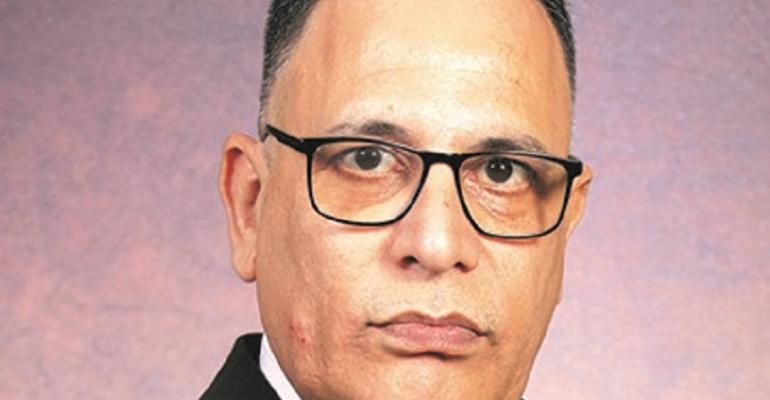IRClass has been ramping up its use of remote surveys to enable ships to keep moving and remain compliant in the current circumstances where physical surveys are often difficult, if not impossible to be carried out due to the restrictions on movement and personal contact in place in states around the world in an effort to combat the spread of COVID-19.
IRClass joint managing director Vijay Arora said: “IRClass understands and shares the concerns of the industry as to the potential impact COVID-19 will have on international shipping both in the short and long term.”
To help in this the classification society has been making an increased move to using remote surveys and Arora explained to Seatrade Maritime News the process and requirements of conducting a remote survey successfully.
“Due to lock down conditions and the restrictions imposed , when it is not possible for the IRClass surveyor to attend a ship or works, surveys/inspections are being undertaken by remote survey techniques which will be based on self-check by senior staff of ship or the works based on survey checklist and assessment of the supporting documentation, photograph/videography by the surveyor.
“Facilities for video conferencing including live video streaming for visualization of specific section of ship or equipment for cross verification, where available, are also being utilized. Remote survey in its current form requires surveyors to be accustomed to the use of monitors, web cams and audio equipment which does not require specific training.”
Arora noted that it is easier if the surveyor and the crew of the vessel share the same linguistic background as this helps in accurately reporting and verifying the data.
In terms of the equipment required for the survey this mainly relates to internet and the ability to share voice, pictures and video effectively between the ship and shore.
“For Remote Surveys, a setup or a remote cell is required where the surveyors are provided with high speed internet, large monitors screens, web cams and audio equipment. Technologies for enabling Remote Surveys require Autonomous Robots, Cybersecurity, Cloud, IoT.
“Crew on board the vessel can have a tool (i.e. mobile app / dedicated cloud platform) so they can record / live stream the areas being surveyed, and the remote survey team can see these live streams / recordings and be in touch with the crew on board with the help of good internet connection for conduct of surveys. The latest addition to this technology is smart glasses which can also be used for this purpose. For surveying open areas drones can be used which will be connected to the Remote Survey Cell streaming the video recordings,” he explained.
While drones are often associated with remote surveys and are available this requires specific training and approvals.
Copyright © 2024. All rights reserved. Seatrade, a trading name of Informa Markets (UK) Limited.
Add Seatrade Maritime News to your Google News feed.  |

